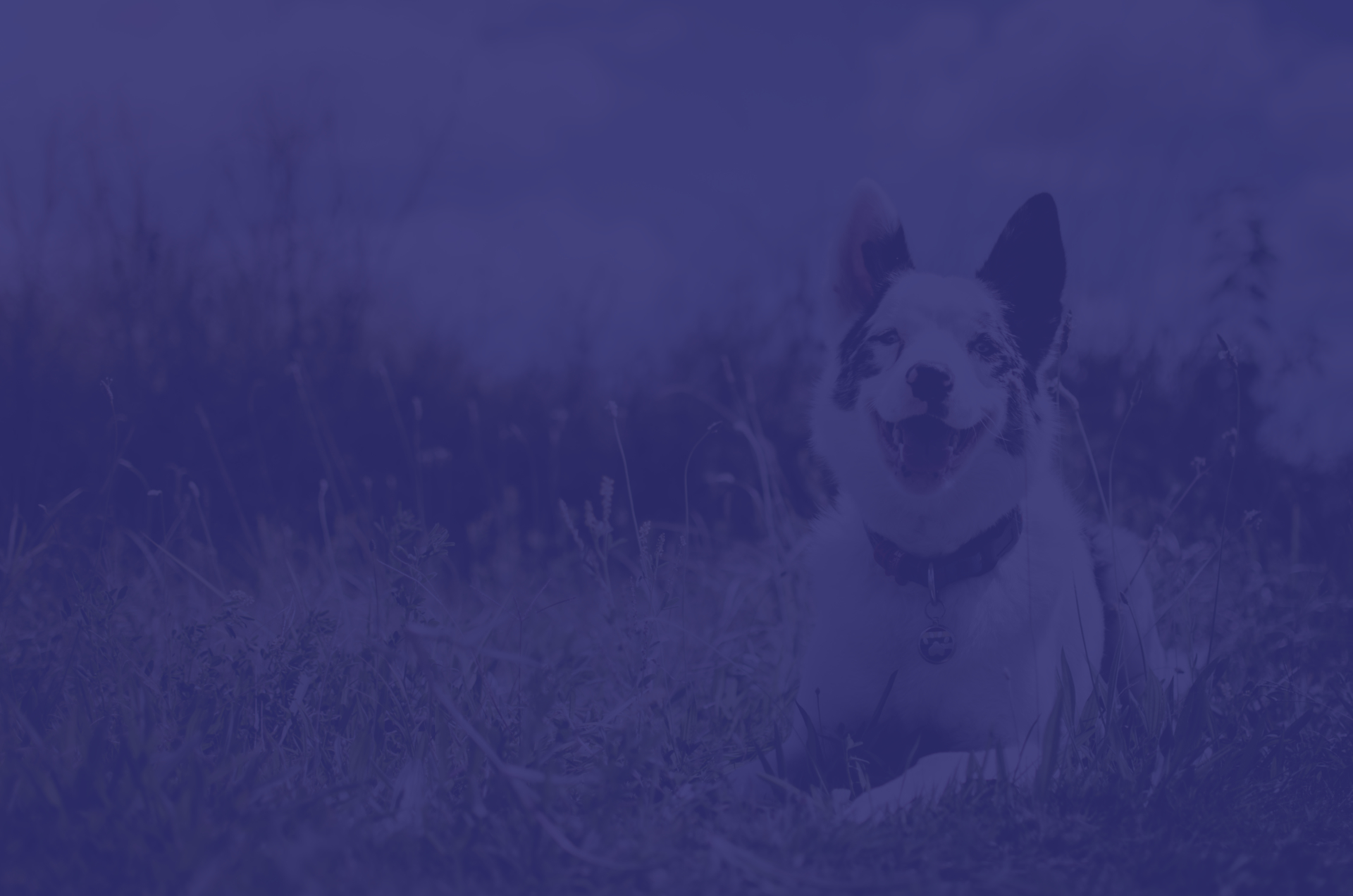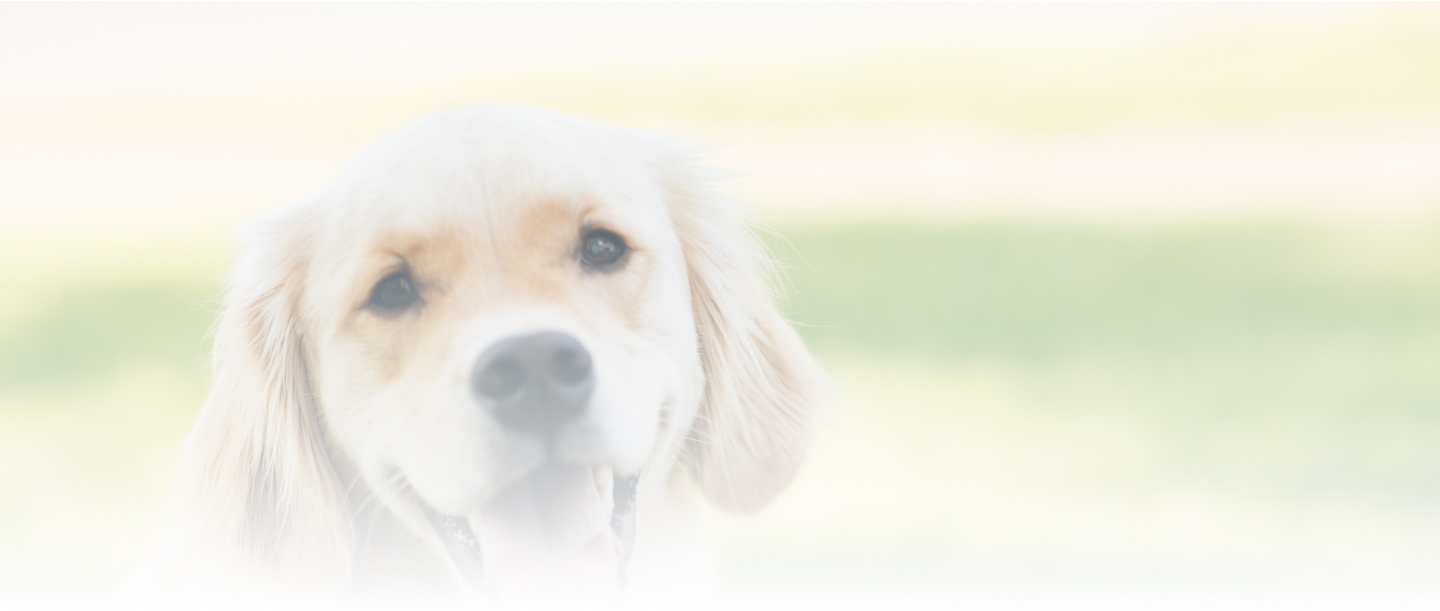Watching our pets grow older, is a comforting rewarding experience. It’s sometimes hard to believe that the same bundle of energy tearing around the yard for so many years is now the calm and kind old friend curled up at our feet.
When our pets grow older, they need our help ensure their comfort, health and happiness!
Keeping your eye on your pet to look for any sudden changes in appearance, activity levels or even behaviour which could be signs something isn’t quite right with your senior pet is key in their health in their golden years.
As our pets age, their nutrition needs change too! It’s important to ensure you feed your senior pet a diet that provides them with the right nutrition and supplements they need, even if they have no specific health concerns.
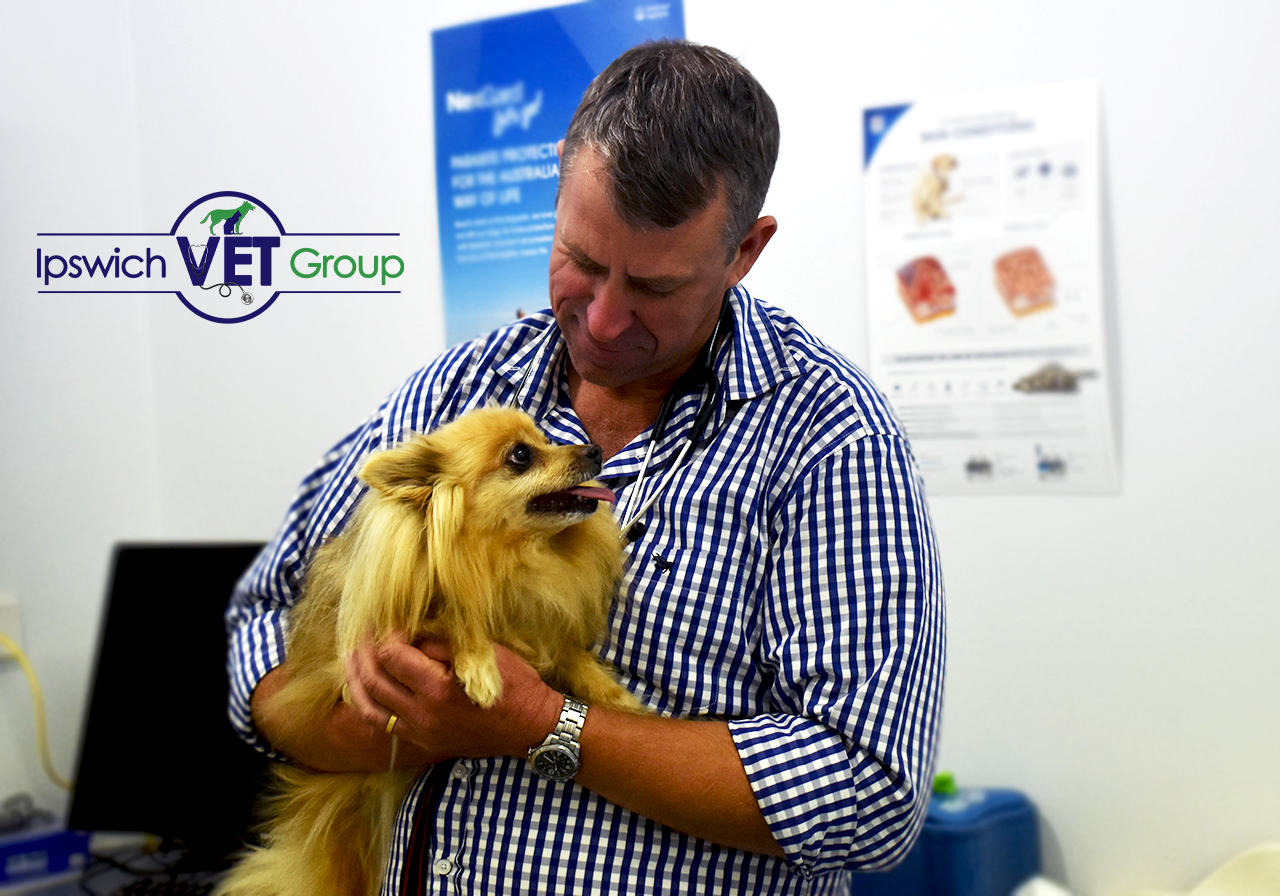
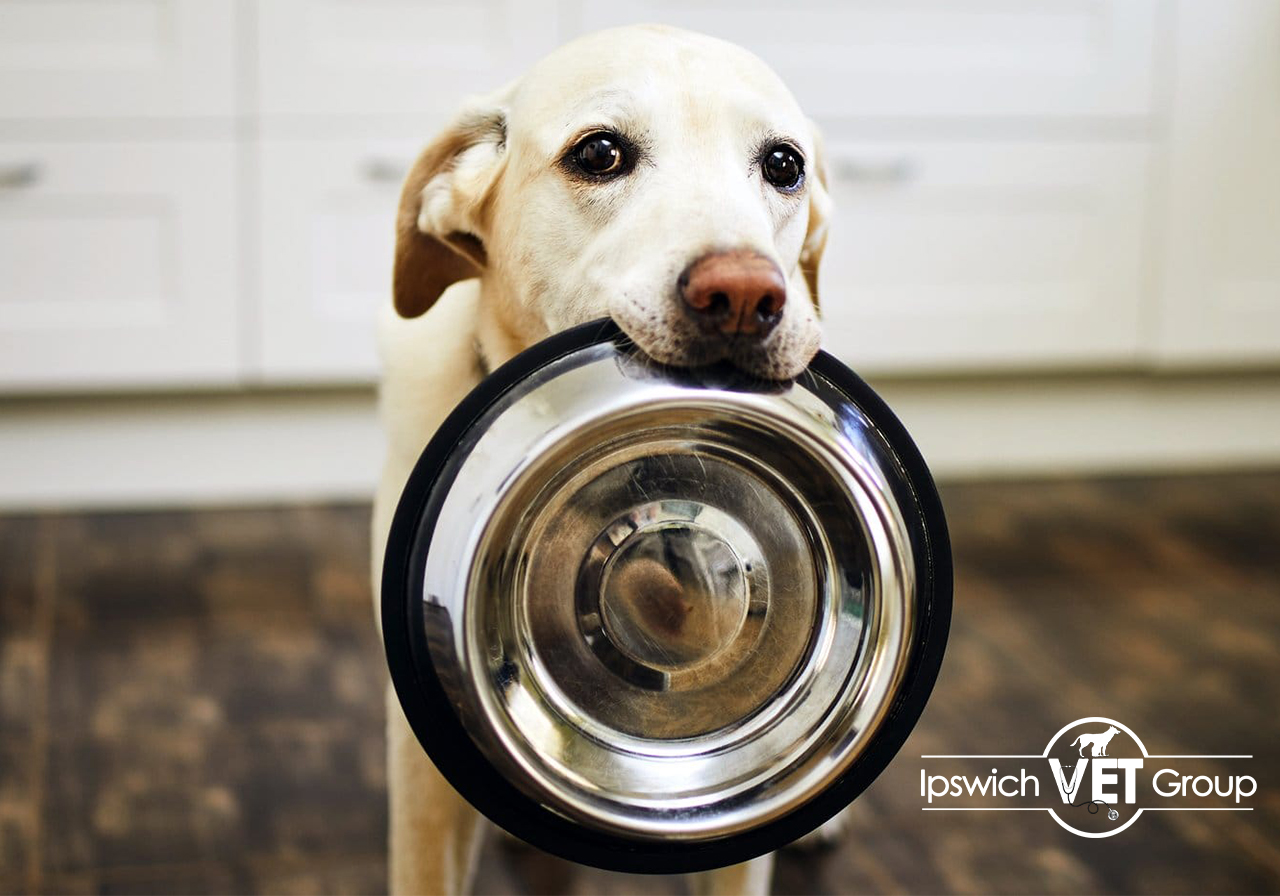
Keeping our pets active shouldn’t stop just because they’re older! Lack of physical activity can cause a loss of muscle mass much faster than in that of more active senior pets.
Knowing the signs of age-related health problems is crucial in keeping our pets the healthiest they can be. Signs problems are lying beneath the surface are:
- Changes in Urination
- Sudden increase/decrease in weight or appetite
- Weakness or abrupt change in activity level
- Sore mouth, vomiting or excessive coughing
- Lameness or Limping
- Hair loss of change in quality of coat
Regular Vet Checks are the critical key for detecting and managing problems early. It’s advised to get our golden oldies checked every 6 to 12 months by a vet!
Did you know…
- Dogs and Cats are considered seniors when they are between seven and ten years old.
- Old dogs CAN learn new tricks, contrary to popular belief!
- Preventative care helps your senior pet thrive!
- Senior pets make great napping buddies!
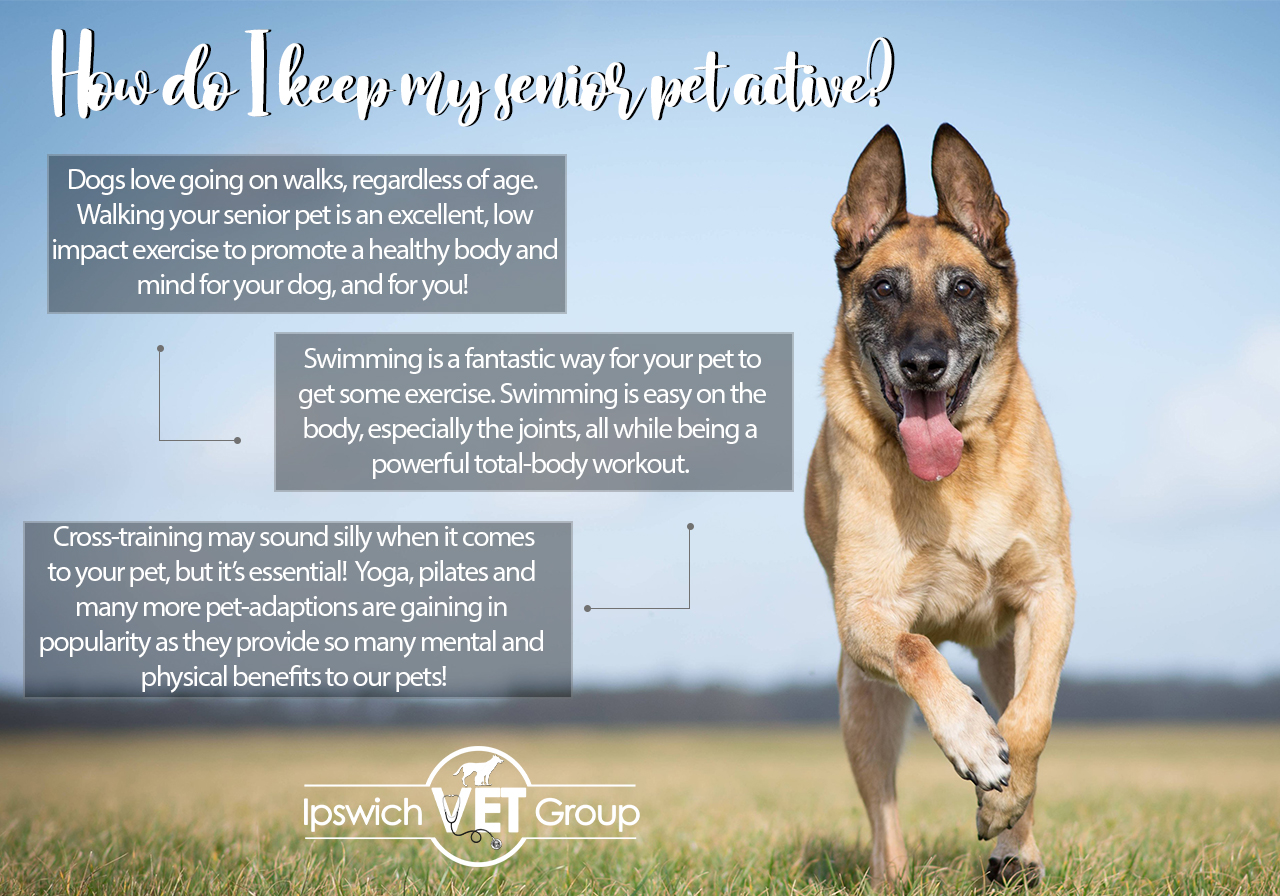
Brr! Winter is definitely here! Just like us, our furry friends need a little extra care during the cooler months! It’s important to ensure our pets have the comforts they need to keep them warm through the brisk season!
Warm clothing, such as pet coats and jumpers are a great way to provide much needed warmth! Just make sure they’re not too right, and don’t have dangling cords or buttons that could be swallowed!
Insulated shelter, soft heated bedding or a warm place to sleep away from drafts and elevated off cold floors. This helps prevent moisture from seeping into their blankets and pillows, as well as helping in keeping them warm.
Grooming routines shouldn’t stop as the weather cools! Regular grooming during winter helps keep our furry friends comfortable, and avoids skin problems and matting. Winter is often wet and damp, so our pets are more prone to dirty coats, knots and matting.
Keep an eye out if your pet is shivering, trembling, or cuddling into warm spaces. These are all heat seeking behaviours, and proof your furry friend might need a little more help keeping warm!
During colder months, our pets use a lot of energy just to keep warm. This can result in their hunger levels spiking! Make sure if you do increase their food, that you take into account whether or not their exercise levels have dropped, to avoid unwanted winter weight gain!

